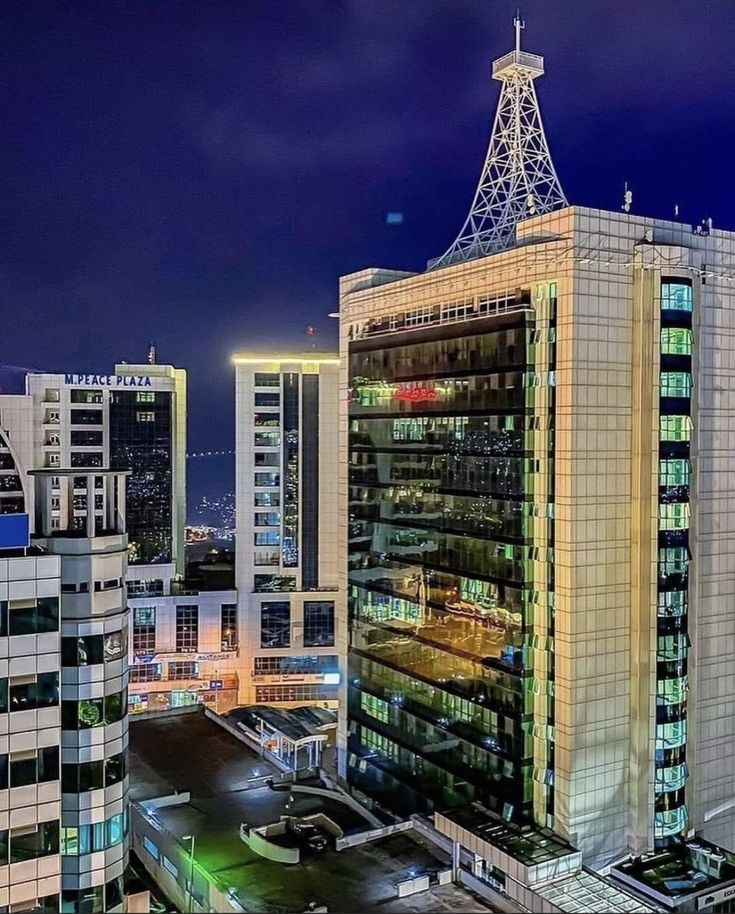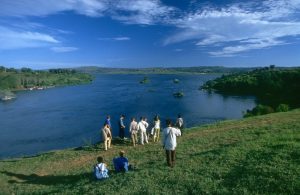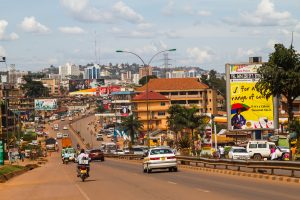Educational Tours in Rwanda
Educational Tours in Rwanda. Rwanda offers exceptional opportunities for educational tours that combine academic enrichment, cultural immersion, and real-world insights. These tours cater to students, researchers, and curious travelers eager to explore topics such as history, ecology, conservation, and culture in a hands-on environment. The country’s rich history, natural beauty, and commitment to sustainability make it an ideal destination for meaningful learning experiences.
Key Themes of Educational Tours in Rwanda
- History and Reconciliation
Rwanda’s recent history, particularly the 1994 Genocide Against the Tutsi, has become a critical subject for educational tours. Visitors gain a deeper understanding of the causes, consequences, and recovery efforts surrounding this tragedy. Programs often explore themes like reconciliation, resilience, and conflict resolution. - Wildlife Conservation and Ecology
Rwanda is famous for its breathtaking landscapes and remarkable biodiversity, making it a prime destination for ecological studies. Educational tours often focus on:- Mountain Gorillas: Studying their behavior, habitat, and conservation efforts in Volcanoes National Park.
- Wetland and Bird Conservation: Tours to Akagera National Park and wetlands such as Rugezi highlight Rwanda’s birdlife and ecosystems.
- Nyungwe Forest: A biodiversity hotspot for studying primates, plants, and ecological preservation.
- Cultural Heritage and Traditions
Rwandan culture offers a rich tapestry of traditions, art, and history. Educational tours provide hands-on experiences in:- Traditional dance and music.
- Basket weaving and other artisanal crafts.
- Community interactions to learn about daily life, customs, and oral storytelling.
- Sustainable Development and Innovation
Rwanda has emerged as a global leader in sustainable development and technology. Visitors can explore:- Environmental initiatives such as reforestation and ban on plastic bags.
- Urban planning in Kigali, one of Africa’s cleanest cities.
- Initiatives like ICT for Education and smart agriculture.
Popular Educational Tour Destinations
1. Kigali City
- Kigali Genocide Memorial: An essential visit to learn about Rwanda’s history, the Genocide Against the Tutsi, and the country’s ongoing journey toward reconciliation.
- Campaign Against Genocide Museum: Focuses on the role of the Rwanda Patriotic Front (RPF) during and after the genocide.
- Inema Arts Center: Engages students in Rwanda’s contemporary art and creative industries.
- Nyamirambo Women’s Center: Offers insights into women’s empowerment initiatives and the cultural history of Kigali.
2. Volcanoes National Park
- Famous for its mountain gorilla treks, this park allows students to observe conservation in action. Programs often include discussions on ecological tourism, habitat preservation, and the role of local communities.
- Dian Fossey Gorilla Fund Museum: Offers in-depth learning about gorilla research and conservation efforts pioneered by Dr. Dian Fossey.
3. Nyungwe National Park
- Home to one of Africa’s oldest rainforests, Nyungwe is ideal for studying biodiversity, including over 300 bird species, 13 primate species, and unique plant life.
- The Canopy Walk provides an exhilarating perspective on forest ecosystems.
4. Akagera National Park
- This park focuses on the conservation of savanna ecosystems and reintroduction programs for species like lions and rhinos.
- Students can learn about anti-poaching strategies, human-wildlife conflict management, and sustainable tourism.
5. Lake Kivu
- Educational tours to Lake Kivu cover topics like geology, renewable energy (methane gas extraction), and the lake’s role in the local economy and culture.
6. Butare (Huye)
- Home to the National Museum of Rwanda, which offers a comprehensive overview of Rwandan history, culture, and traditional lifestyles.
- University of Rwanda: A chance to interact with local students and learn about educational systems in Rwanda.
Activities and Experiences
- Workshops and Interactive Sessions
- Participate in sustainable farming workshops, focusing on organic farming techniques and community agriculture.
- Engage in wildlife monitoring, such as tracking gorillas or observing bird migration patterns.
- Cultural Exchanges
- Homestays with local families for immersive cultural experiences.
- Learning Kinyarwanda phrases to interact meaningfully with locals.
- Service Learning
- Participate in community service projects, such as building classrooms, teaching, or assisting with environmental conservation efforts.
- Field Research and Case Studies
- Conduct mini-research projects on topics like reforestation, climate adaptation, or urban development.
- Storytelling and Oral Histories
- Listen to survivors’ stories at genocide memorials or elders recounting Rwanda’s cultural legends.
Learning Outcomes
Educational tours in Rwanda are designed to foster critical thinking, empathy, and a global perspective. Participants often leave with:
- A deeper understanding of post-conflict recovery and resilience.
- Insights into global challenges like climate change and wildlife conservation.
- An appreciation for Rwandan culture and traditions.
- Practical skills in teamwork, research, and cross-cultural communication.
Tips for Organizing Educational Tours
- Plan Ahead
- Work with local tour operators experienced in educational programs.
- Ensure itineraries balance academic content with hands-on activities.
- Health and Safety
- Vaccinations may be required (e.g., yellow fever). Carry essential medications.
- Ensure students are aware of the need for travel insurance.
- Engage with Local Experts
- Collaborate with conservationists, historians, and cultural leaders for in-depth learning.
- Respect Local Customs
- Teach students about Rwandan traditions, etiquette, and the importance of cultural sensitivity.
Why Choose Rwanda for Educational Tours?
Rwanda’s unique blend of history, natural beauty, and commitment to progress offers unparalleled opportunities for education. Whether studying conservation, engaging with its history, or experiencing its culture, Rwanda provides a transformative learning environment. Visitors not only gain knowledge but also return home with a deeper sense of global responsibility and connection.
Educational tours in Rwanda truly embody the principle of “learning by doing,” making it an exceptional destination for meaningful and impactful travel.




